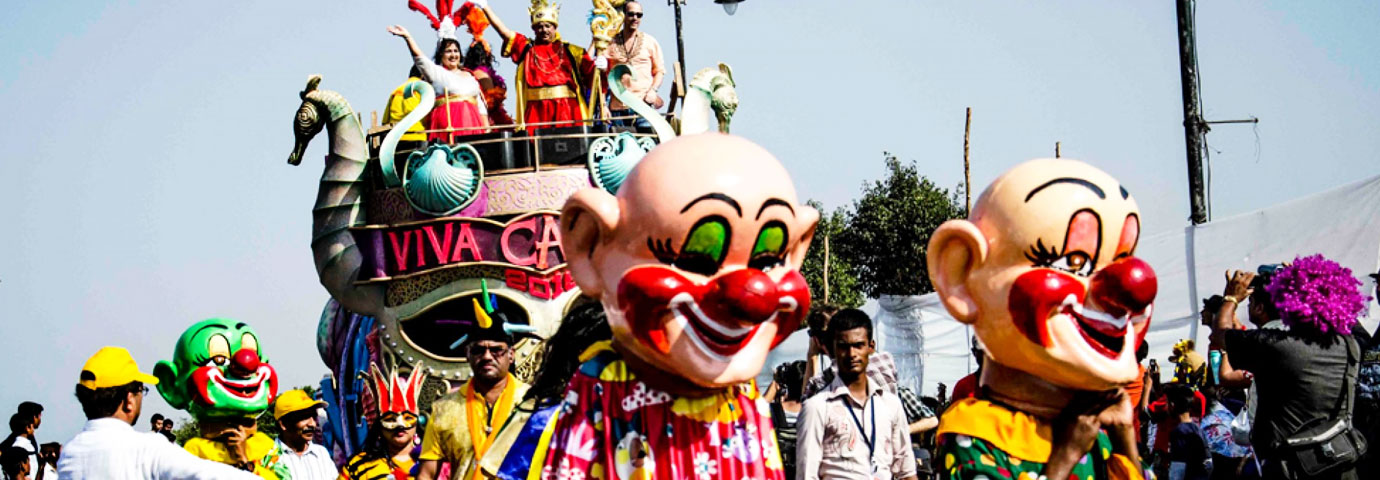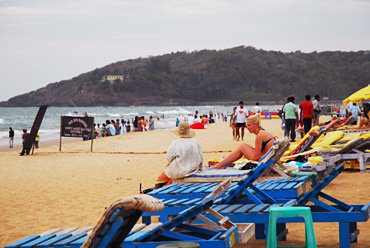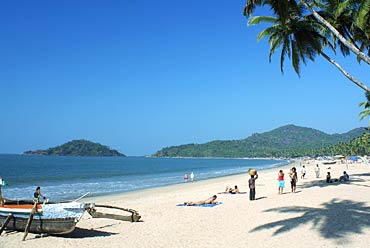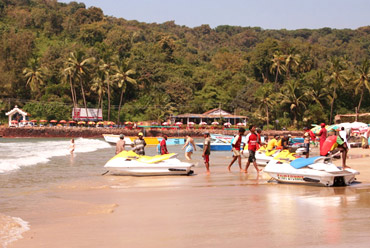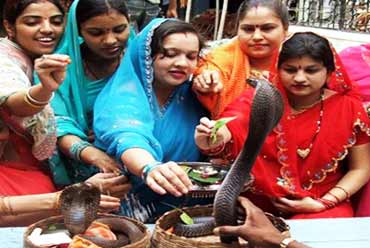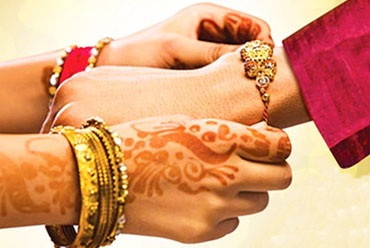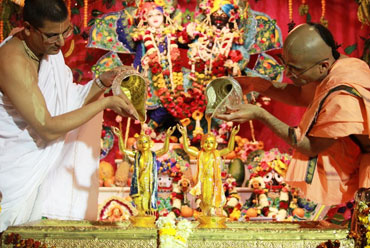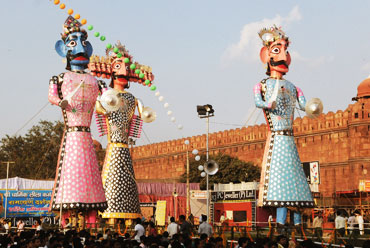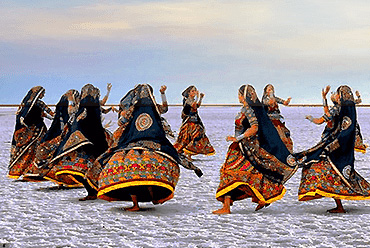The high spirits of Goa shoot up during the three-day Goa Carnival celebrations. Introduced by the Portuguese settlers who ruled Goa for about 500 years and celebrated originally by the Catholics, this carnival is one-of-its-kind in India and has dissolved all communal barriers. The three days preceding Lent (February) see all Goa whirling to the mad beat of the music, drink, and dance. King Momo and his consort preside over the festivities, who are chosen from among the participants.
If you want to be a part of these festivities, go through our Goa tour packages to plan a memorable vacation during Goa Carnival Festival.
Goa Carnival 2025 Dates and Venue
Background
Carnival de Goa’s celebrations start before the month of Lent, which involves fasting or abstinence from meat. Lent ends at Easter and is significant for Catholics. However, the carnival celebration reverberates with echoes of pagan culture dating back to Roman Saturnalia and the feasts of Apollo in Greece. The carnival has taken on many secular implications in most places that celebrate the festival. For instance, the Goa Carnival has turned out to be a major tourist attraction drawing thousands of tourists from all over the country.
Activities
A lively and rousing carnival, you will have a blast during the colorful processions in Goa. Although this is a Catholic celebration, the carnival has gotten mixed with local Goan culture and several Hindu traditions over the years.
The festivities of the Goa Carnival start on Fat Saturday evening with an extravagant parade led by the Carnival King Momo.
Who is King Momo? A person from Goa is selected to play King Momo. He becomes the official King of Carnival and leads the processions on a grand level, surrounded by dancers, acrobats, clowns, and musicians. He declares that the decree of the Goa Carnival is ""Kha, Piye, Aani Majja Kar"", meaning to eat, drink, and be merry. Afterward, the entire Goa erupts into joy and excitement.
For an insight into Goan art and culture, there are many exhibitions arranged during the Carnival in Goa 2025. As the sun sets, the party doesn't stop, keeping the visitors and locals engaged with the grand masquerade balls. Masked revelers take over the streets and give themselves to hedonistic activities of excessive drinking and consumption of food.
The last day is said to be the most spectacular. It is the final chance to celebrate before Lent begins. And during this, you can witness the famous Red and Black Dance.
This carnival is also about celebrating, having fun, drinking, and of course, gorging on delicious food. So, if you want to try Indian food, it is the best time to relish mouth-watering fish and meat dishes, at all the hotels and restaurants.
Goa Carnival Traditions
The plays during Goa Carnival are full of mockery and sarcasm, offering a great time to visitors. Another interesting tradition of Goa is Assoltes, which are the performers in these amusing plays. They visit the homes of their friends in fun makeup and costumes and play pranks on them. Once the friend figures out that they are being pranked, they need to entertain the performers with food and drinks.
An old Goa Carnival tradition involves Goan people throwing old kitchen utensils out their windows. This is performed when the parade walks by. So watch out! It follows an old Chinese tradition that requires people to clean their homes before Easter.
Playful fights are another tradition in Goa. People throw bright color powders at each other, similar to the Holi Festival. Earlier it was eggs, flour, and dyes that have been replaced with bright colors.
Goa Carnival Speciality
The one-act folk plays known as Khell, or Fell take on exciting colors during the carnival in Chandor, where Intruzachim Geetam or Fella-Gitam are sung by the walking players that go about the village, with the accompaniment of musical instruments. The sound of violins, drums, cymbals, and ghumats (a Goan percussion instrument) saturate the air. The Fell is known for its cutting and sarcastic criticism to correct human follies and is usually comic.
The dolkas, kind of a rustic drum, act as the mainspring or director of the play, punctuating the story, whereas the whistle of the mestri (producer-like) serves as the curtain-raiser to the play.
Certain hotels in Goa also arrange special extravaganzas for their guests during the carnival. Hotels and tickets need to be booked in advance as a mad rush of tourists make accommodation scarce and expensive.
For detailed information about Goa, click here!

